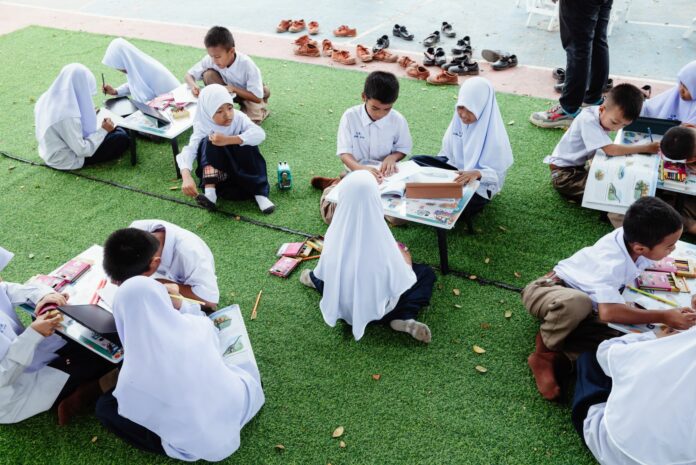PRESS RELEASE:
SONGKHLA, Thailand, 27 September 2023 – While progress has been made across many areas of child health and well-being in Thailand, children living in the southern region continue to face critical disadvantages and are lagging behind their peers in areas including nutrition, immunization, school attendance and learning skills. These are among the primary findings of a new province-level survey conducted by the National Statistical Office (NSO) and UNICEF, released today.
The new “Report of 12 Selected Provinces in Thailand” is drawn from the Thailand Multiple Indicator Cluster Survey (MICS) – the largest national survey on the situation of children and women in Thailand. The main MICS report was released earlier by NSO and UNICEF, in July 2023. The new, province-level report examines key issues affecting children’s well-being and development in some of Thailand’s most disadvantaged provinces – including the six southern provinces of Ranong, Songkhla, Satun, Pattani, Yala, and Narathiwat.
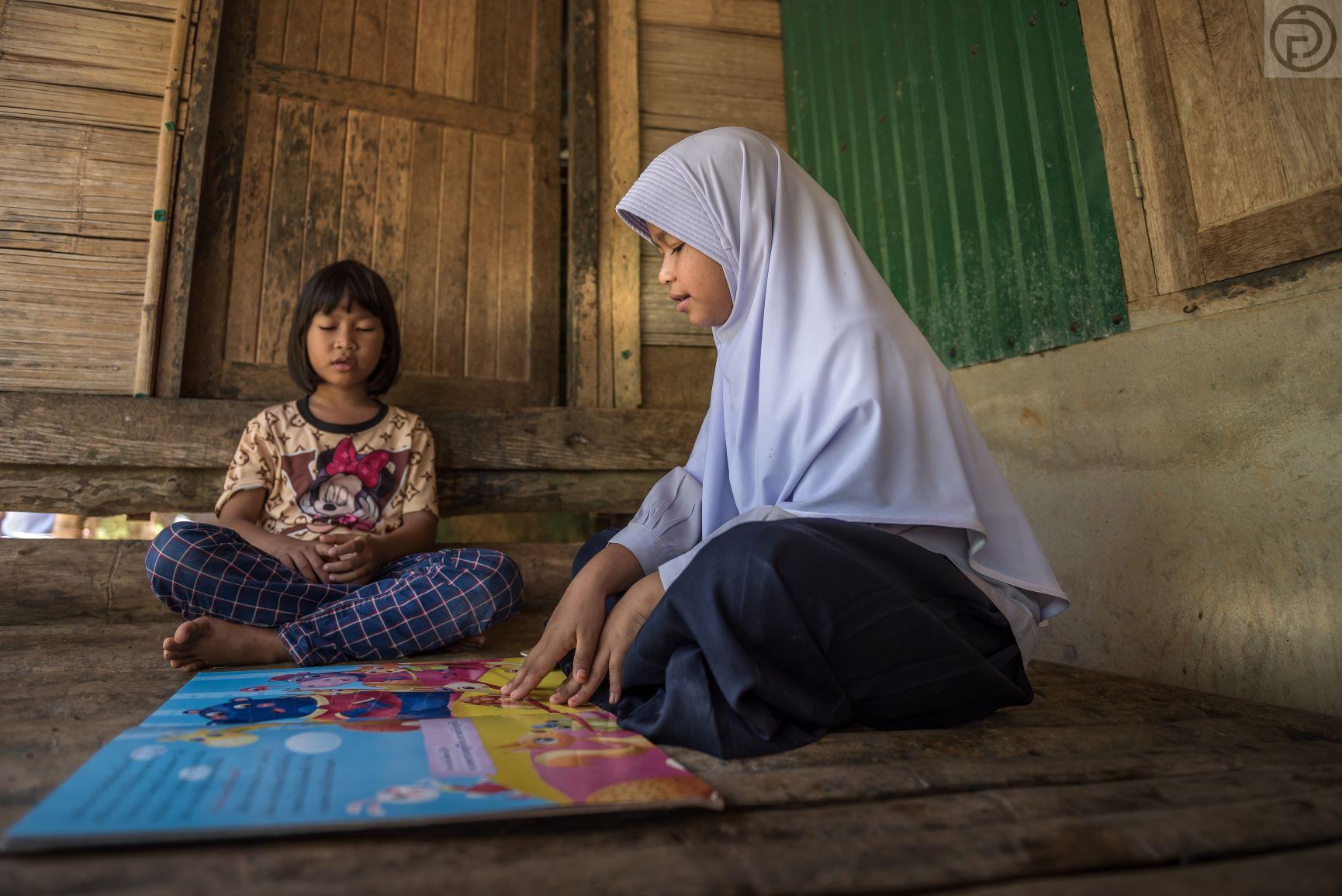
“This survey highlights the situation of children and women at the provincial level and points out key factors that are affecting their well-being,” said Dr. Piyanuch Wutthisorn, the Director General of the National Statistics Office. “The data serves as a useful tool to shape policies and implement measures that are suitable for each province. It also helps monitor the progress of the Sustainable Development Goals (SDGs) and address the national policy based on the principle of leaving no one behind.”
The report highlights some positive findings concerning children in the southern provinces. More children in these provinces lived with their biological parents compared with other regions. Nationally, one in four children under 18 years old live apart from their biological parents, but this number dropped to under 20 per cent in the southern provinces. Growing up with parents is very positive for children’s wellbeing – but other findings suggest a more troubling picture.
Immunization is a particular area of concern in the deep south. The report finds that 83 per cent of 1-year-old children across the country are fully immunized against diseases such as measles, polio and tuberculosis, immunization coverage is much lower in the south, standing at 44 per cent, 29 per cent and 27 per cent in Yala, Narathiwat and Pattani respectively.
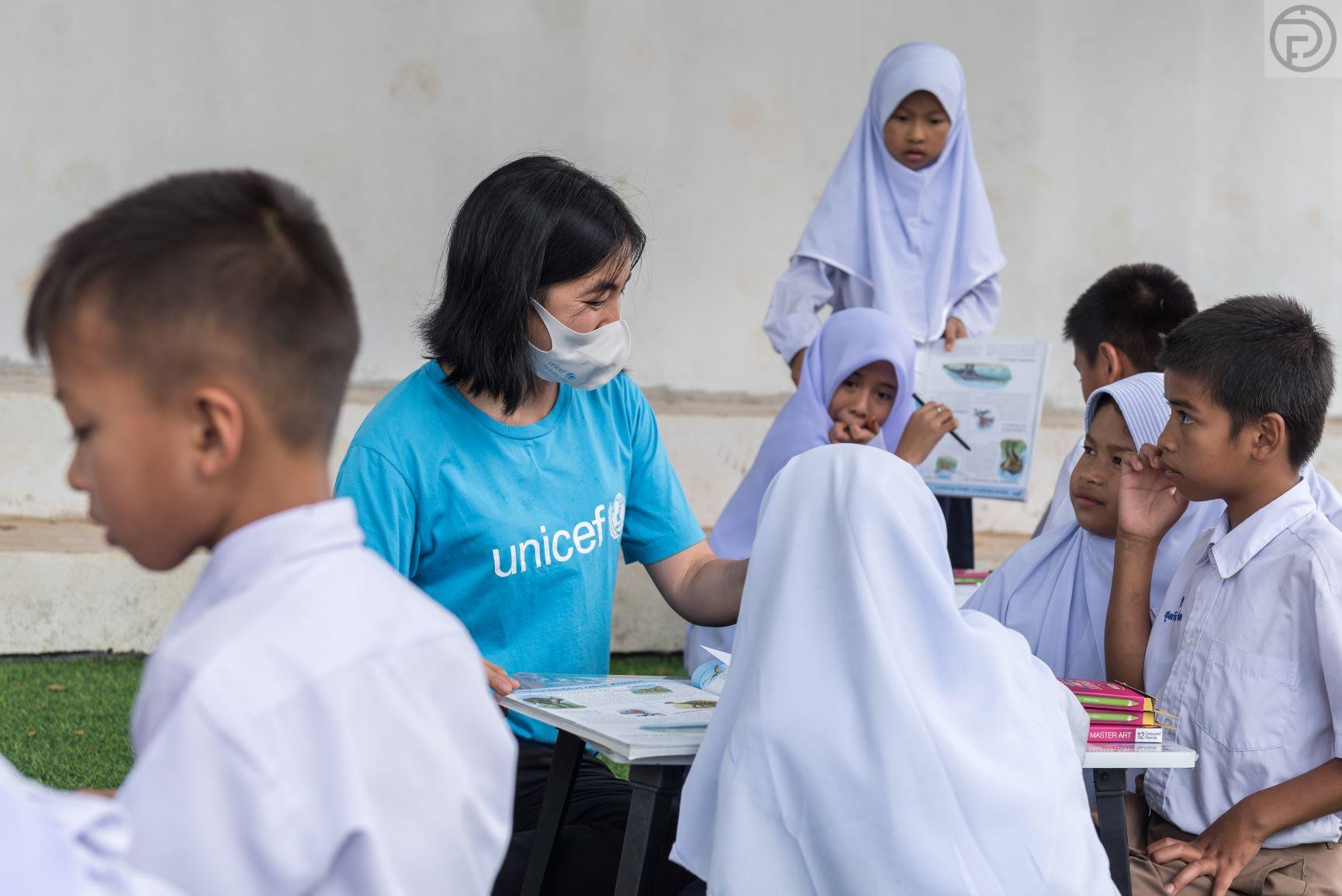
Children living in the south also experience the highest rates of malnutrition, which can harm their development and well-being throughout their lives. According to the survey, the stunting rate among children under five years old in Ranong Province is 26 per cent, which is double the national average of 13 per cent. The rates are also alarmingly high in Yala, Pattani and Narathiwat, all at 20 per cent.
In addition, wasting – a condition where a child is too thin for his or her height – among children under five in Songkhla Province is 26 per cent, almost four times than the national average of 7 per cent. In Narathiwat province, the rate is more than double, at 16 per cent.

The 2022 provincial survey also found early childhood education and learning skills are another major concern among children living in the south. 57 per cent of children aged 3-4 years in Yala Province attended early childhood education, compared with 75 per cent nationally. The rates are also very low in Ranong and Narathiwat provinces, at 61 per cent and 65 per cent, respectively.
In addition, while most children in the deep south attend primary school, only 15 per cent of children aged 7-8 years (age for Grade 2 and 3) in Narathiwat province have basic reading skills, far lower than the national average of 47 per cent. The rates are also extremely low in Pattani and Yala provinces at 17 per cent and 27 per cent.

The southern region also has the highest out-of-school rates at the upper-secondary level. Across Thailand, 15 per cent of children don’t attend upper-secondary school, but the rates are higher in Narathiwat, Pattani and Ranong provinces – 21 per cent, 20 per cent and 19 per cent, respectively. The out-of-school rates are highest among boys.
The survey also found that more children have access to and spend more time playing with electronic devices, while fewer children read books at home. In Narathiwat, only 13 per cent of children under five years old have 3 or more children’s books at home, while just around one-fifth of children in Satun, Songkhla and Pattani provinces have books at home. The national average is 36 per cent.
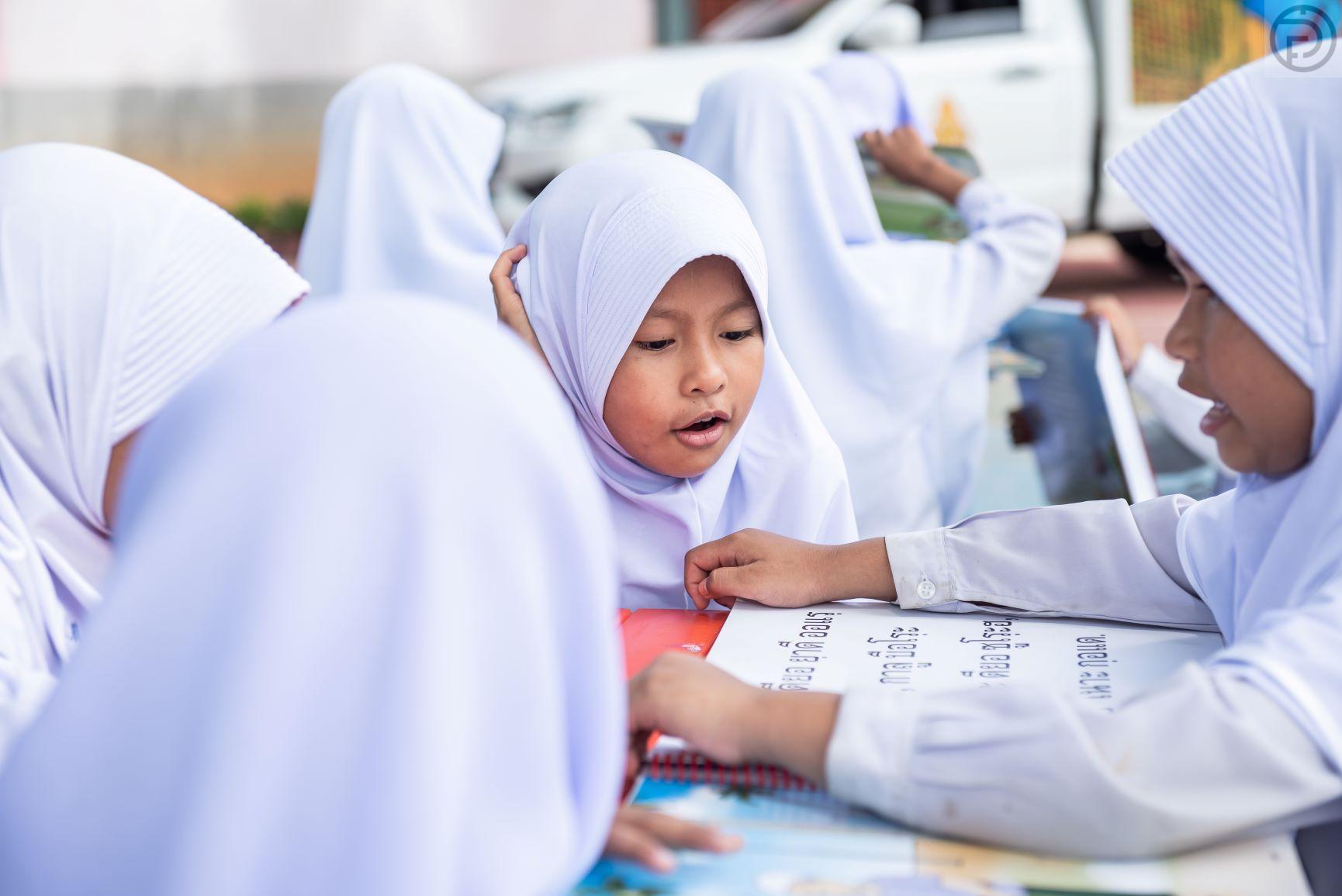
“I’m confident that the survey findings will be used for policy planning in order to improve the lives of children and women at the provincial level,” said Jessada Jitrat, Governor of Songkhla Province. “This will cover many areas including promoting comprehensive reproductive health services, appropriate nutrition for children, fair access to quality education services as well as strengthening positive discipline and non-violent behaviour within the family.”
“This is a wake-up call for the whole nation,” said Severine Leonardi, UNICEF Deputy Representative for Thailand. “The report helps us see more clearly that children living in the southern border provinces are facing several critical challenges that will result in lifelong negative consequences to their development and well-being if we don’t act. We must all work together to urgently tackle this situation. This will require strong political will from the government and commitment from all stakeholders if we are to ensure that no child in Thailand is left behind in the coming years.”
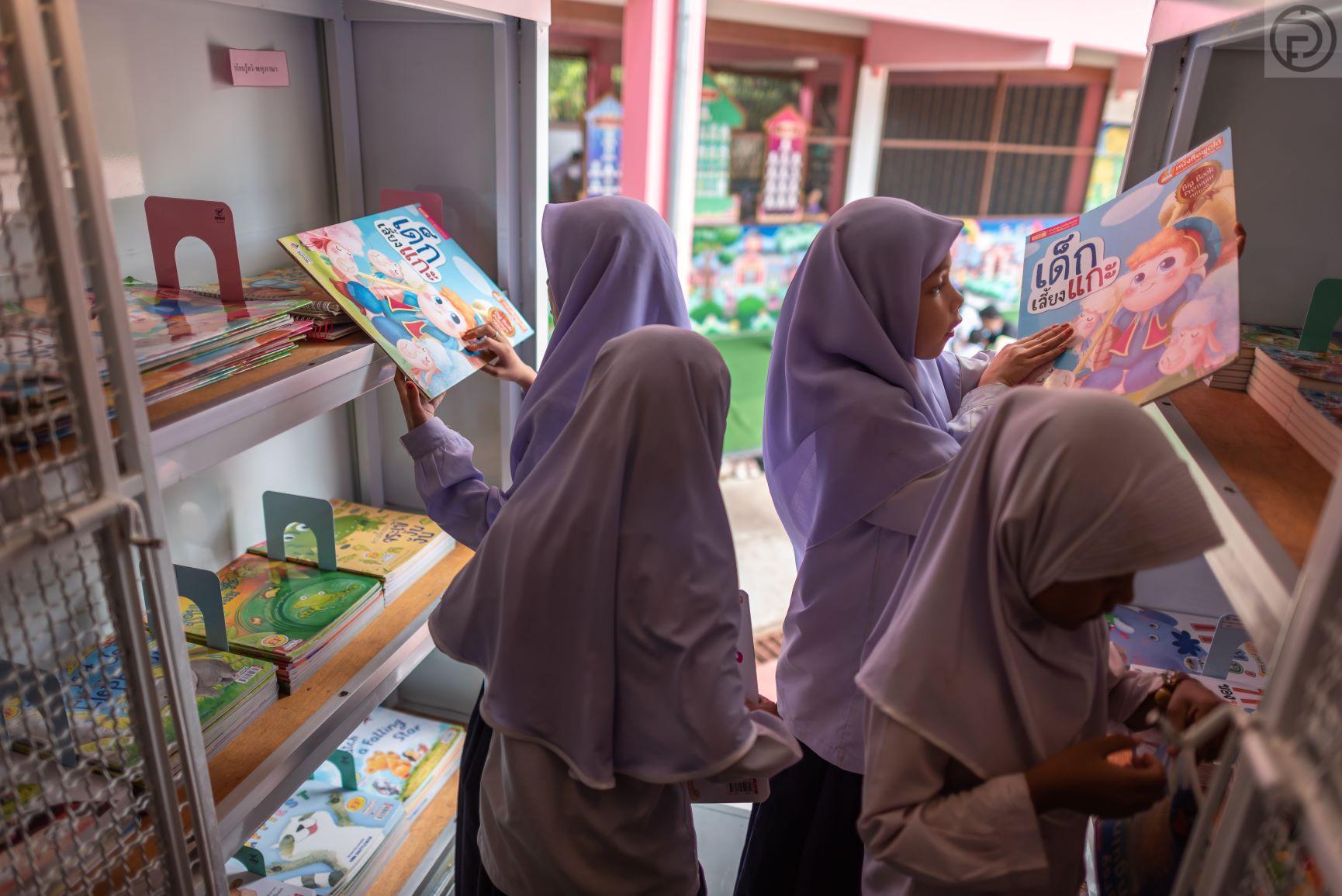
The preceding is a press release published with full permission and authorization by the organization(s) listed in the PR material and TPN media. The statements, thoughts, and opinions of the organization involved in the press release are entirely their own and may not necessarily represent those of TPN media and its staff.


